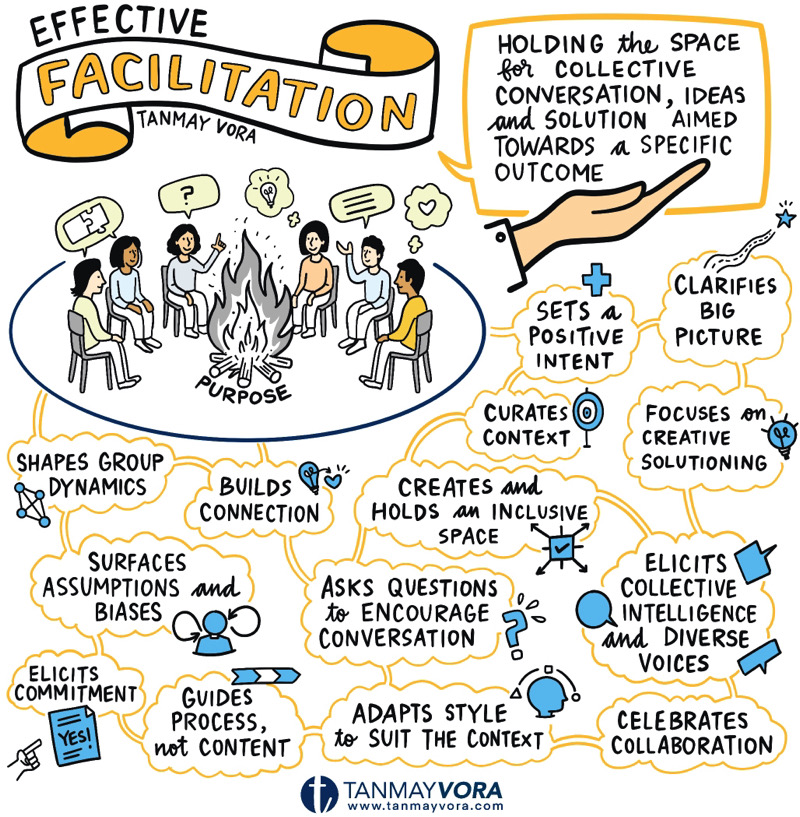
krish3
@krishpod7
Senior Lecturer Podiatry and Prescribing #150leader #ahp #coach #leadership #fellow #education #wounds #qi #apprenticeship #mumof2
ID: 1013027107302268928
30-06-2018 11:50:58
6,6K Tweet
2,2K Followers
2,2K Following









🚨 Calling all UK clinicians 🚨 Help shape the future of CLTI pain management by sharing your expertise in a short survey! Your input will directly influence design of an RCT on analgesia for ischaemic pain. 5min=real impact! Vascular Society VS PAD Specialist Interest Group Surgical Palliative Care Society docs.google.com/forms/d/e/1FAI…

People's wellbeing continues to be in healing hands with Uni of Northampton Health, Sport & Behavioural Sci graduates, enhancements to our degree programmes and new courses set to start very soon! See Northampton Chron for more. northamptonchron.co.uk/education/uon-… Martyn Wyres/Rachel Love (Morris-Love)/Catherine Gibbins (Evans)/krish3


This week's In the news is out. Media coverage includes: 🖼️ Students bring the refugee heritage of Delapré Abbey to life 🎓 Lecturer Elisha Horrocks writes about networking 👩⚕️ deborah Amu's Nursing Times blog is about preceptorships...and more! northampton.ac.uk/news/in-the-ne…


The stage of maturity of your learning/improvement network or community of practice impacts how much difference it can make. Simon Fraser University Faculty of Science identifies three stages: 1) "Knowledge Weaving" prioritises the exchange of tacit knowledge within the network or community.
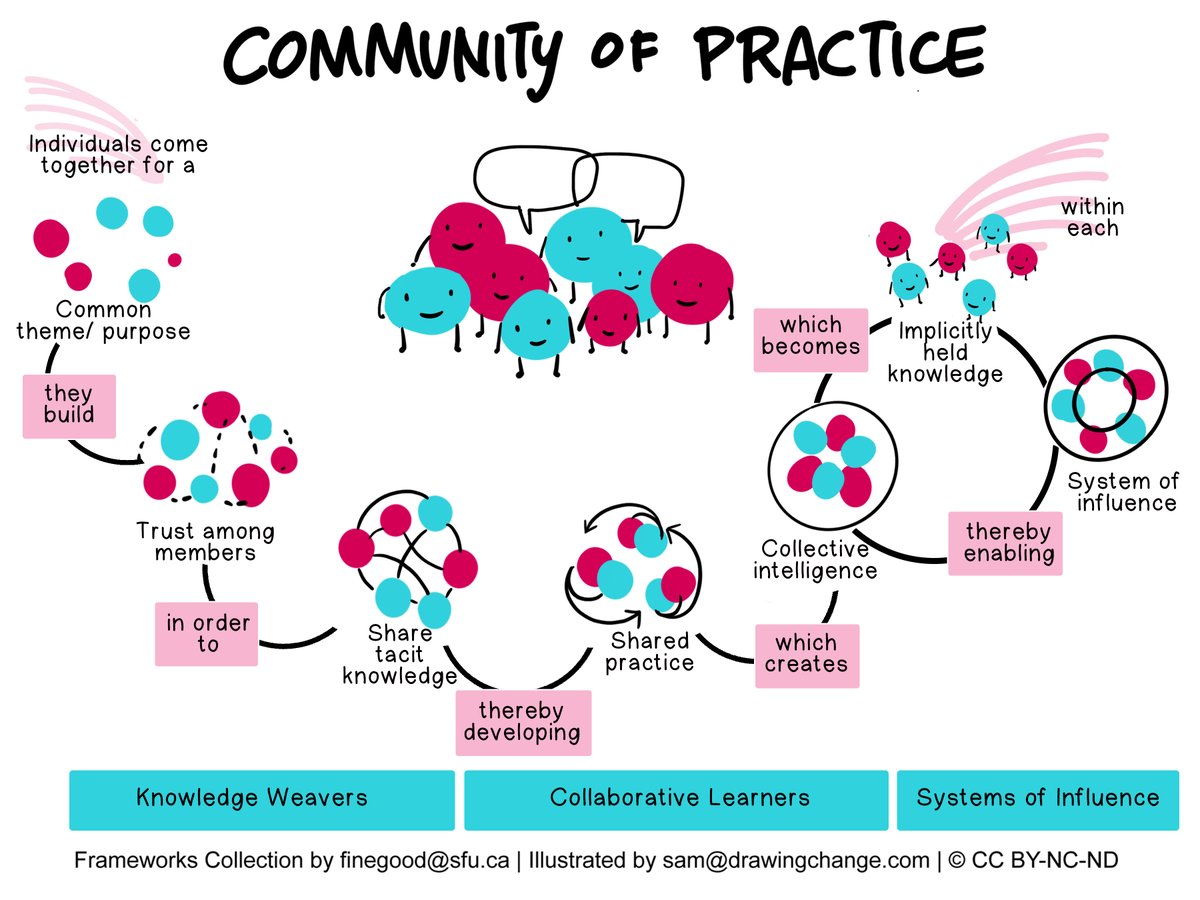

There's been a fantastic response to my post about "Creating team joy & wellbeing: a guide for leaders" by Marianne Morgan & Jessica Barker. There's also a podcast about it, with the authors in conversation with Lawrence Yang: youtube.com/watch?v=--wxHt…
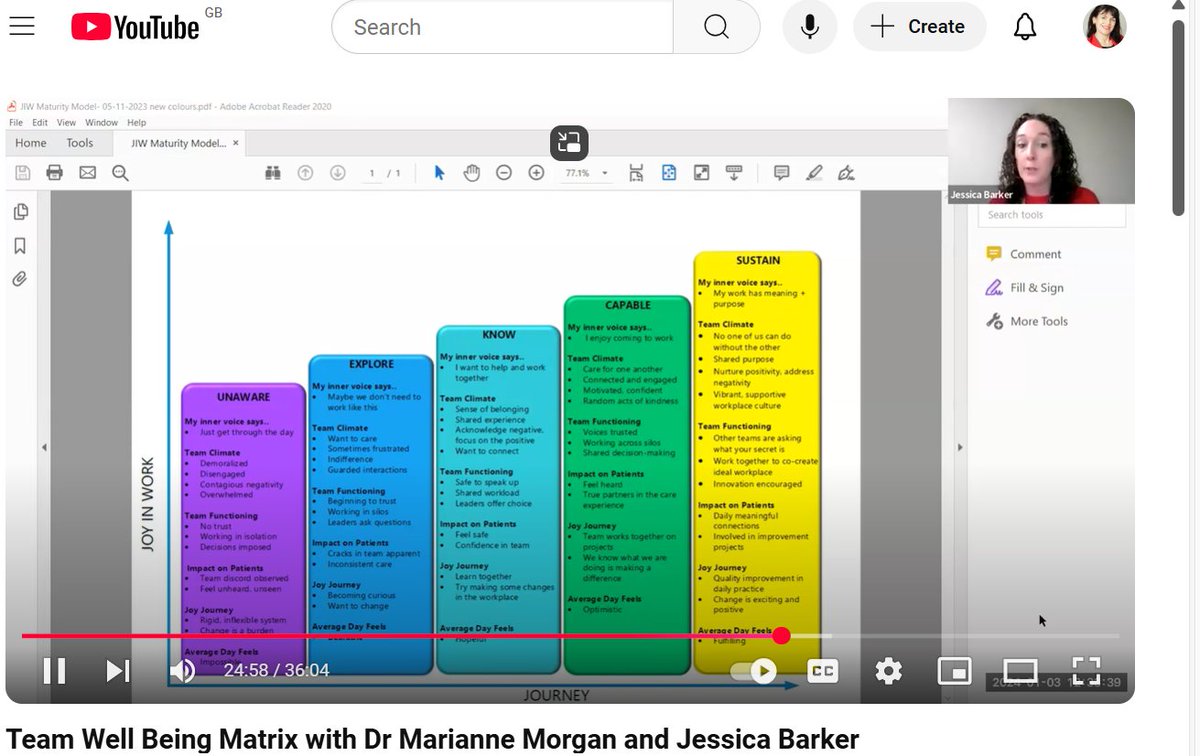


Never underestimate the power & importance of good mid-level managers. New research in a Harvard Business School working paper: the attitude & support of mid-level managers can make or break the impact of training programmes for frontline employees. Organisations invest huge sums in
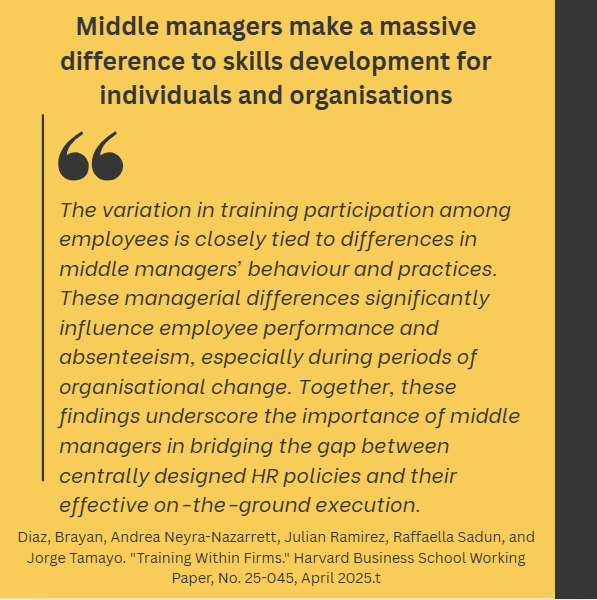

“There’s a lot going on in this space. At our event, employers can talk to academics and understand what these programmes mean to them.” Next Thu, employers will find out how our Degree #apprenticeships can benefit them. 🎙️/ NLive Radio - The Station that LOVES Northampton - player.autopod.xyz/872801
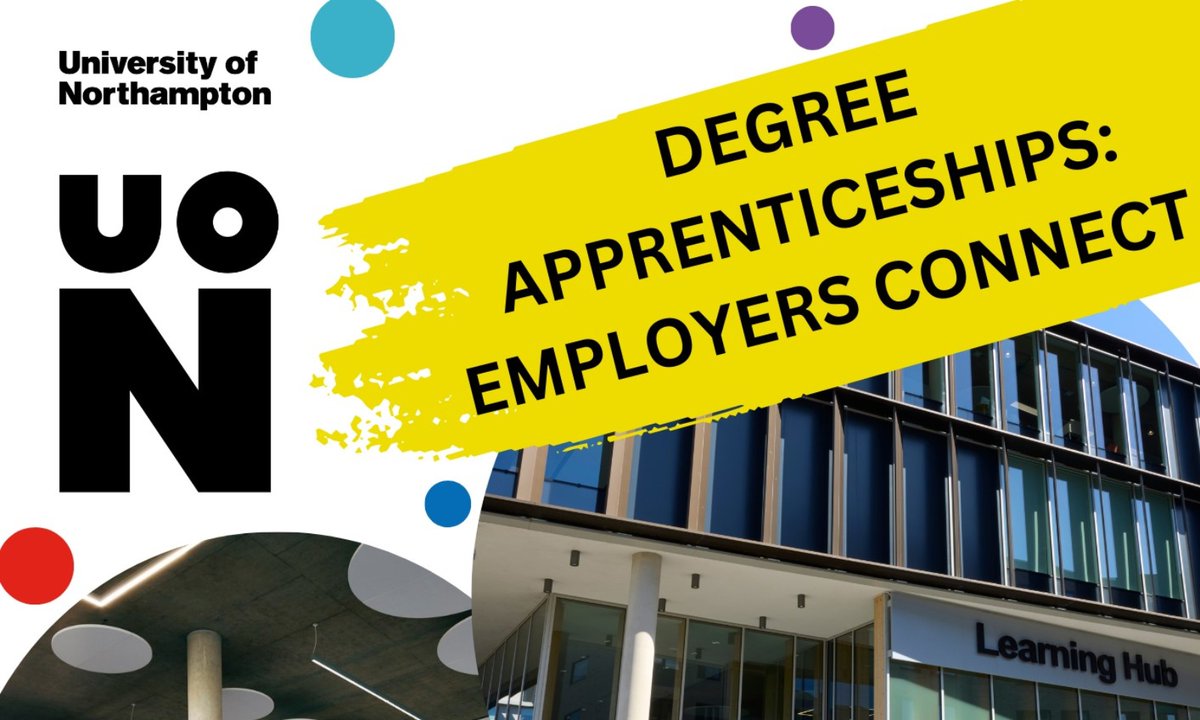

I have long been an advocate of the power of small tests of change, so I am reading "Tiny Experiments", a new book by Anne-Laure Le Cunff. Some of the key ideas: 1) Systematic curiosity over linear goals: We always have the potential for growth & learning even in uncertain situations.
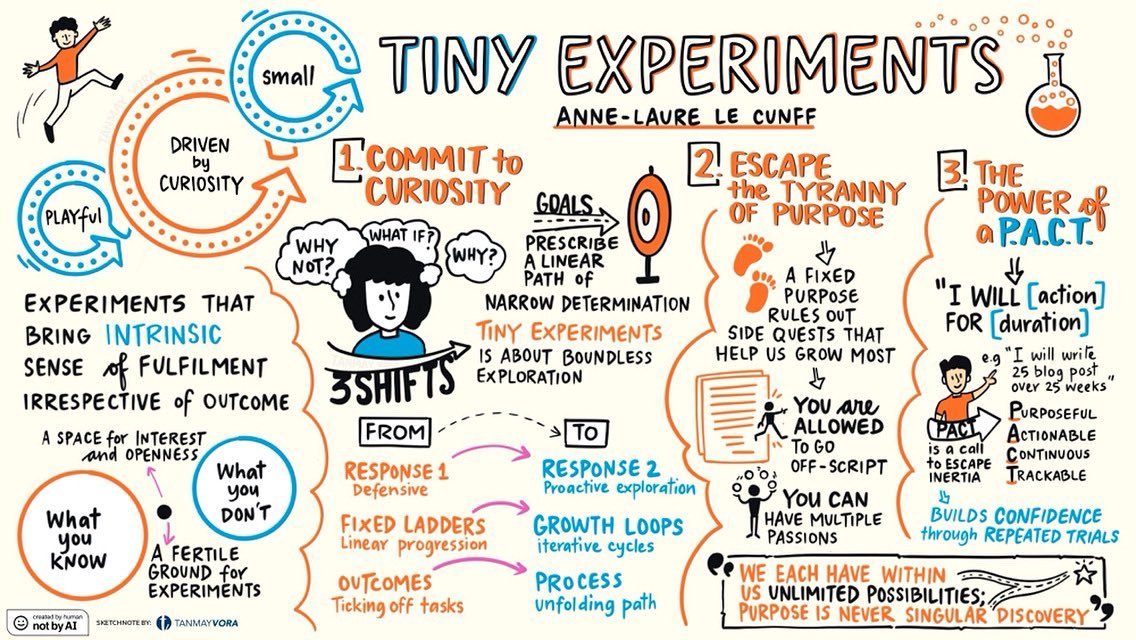



👣 We’re hiring! UniofNorthampton is looking for a Clinical Lead Podiatry to lead our clinic, support our team, and help shape the next generation of podiatrists. Closing date: 27/10/2025 Apply here: jobs.northampton.ac.uk/vacancy/clinic…









